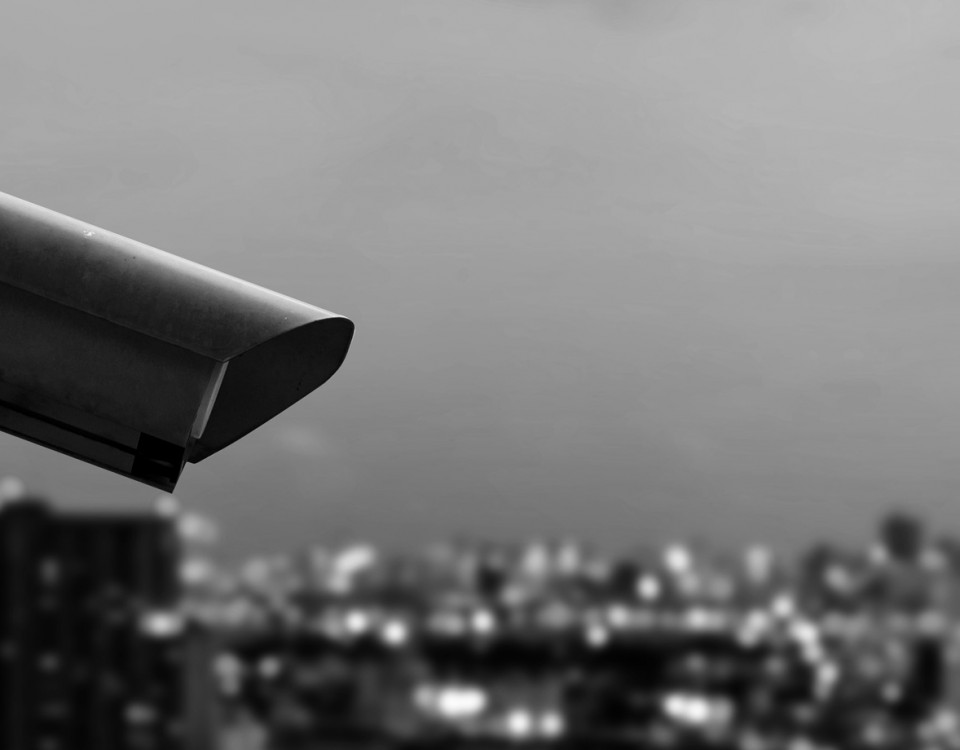icomply announce integration with Merit LILIN
6 November 2012Seven benefits of V-TAS Pro according to RCT Community Safety Partnership
23 November 2012How effective is CCTV? Survey by SecurityNewsDesk and icomply

Please note: the survey is now closed and results will be released shortly.
Whether it’s being criticised for invading pupils’ privacy in over two hundred schools, or being celebrated for convicting a murderer when a body could not be found, CCTV in the UK is a guaranteed hot topic for the papers.
But how effective is CCTV? What makes an effective surveillance operation? Previous research has offered contradictory conclusions, a selection of which are detailed below. But very little research has actually asked control room managers, operators and end users just how effective they deem CCTV to be.
SecurityNewsDesk, the magazine for the security industry, are working with icomply, providers of cost effective integration software, to investigate the effectiveness of CCTV, according to those working within the control room. We are asking control room managers, operators and end users to take part in this research by completing a five minute survey, which aims to quantify what other researchers have described as ‘anecdotal evidence’ from end users.
After completing the survey, you’ll be entered into a prize draw where two winners will receive 12 bottles of seasonal wine each, worth over £100. By entering the survey, you’ll be one of the first to receive the results of this investigation. It will then be made available on the SecurityNewsDesk website and icomply’s website. Have your say on CCTV and visit the survey now.
Hugh Barker, Managing Director of icomply, commented: “The results of this survey will form important research in the CCTV industry. Our previous investigation into the effect of the recession on control room budgets demonstrated that 32% of control rooms had a reduced budget. Discovering what makes an effective CCTV operation will help the industry in these tough times.”
Tom Reeve, editor of SecurityNewsDesk, said: “Your participation in this survey will help create a more accurate picture of the CCTV industry, one based on evidence gathered from practitioners, based on fact. Please take a few minutes to complete it – and who knows, you might win a case of wine generously donated by icomply.”
Click here to start the survey
Previous research into CCTV
Perhaps the most negative portrayal of CCTV in the headlines recently comes from Big Brother Watch, a campaign group that aims to protect individual privacy and defend civil liberties. The report ‘Class of 1984: The extent of CCTV in secondary schools and academies’ made the following statement:
“With some schools seeing a ratio of one camera for every five pupils, more than two hundred schools using CCTV in bathrooms and changing rooms and more cameras inside school buildings as outside, the picture across the country will undoubtedly shock and surprise many.”
As schools using CCTV were named, many have since defended their position, such as Princes Risborough School in Buckinghamshire which stated:
“There are cameras which monitor all access points to the school and these have successfully been used in prosecuting intruders. There are also cameras at key points within the school to monitor corridors and stairwells.
“A small number of cameras are sited in our main toilets and these are static and are explicitly not focused on either urinals or cubicles. Police advice was sought and given over how and where these cameras should be mounted.”
School managers had more to say about CCTV in schools in this article on SecurityNewsDesk.com: Big Brother Watch CCTV privacy claims are wrong, say schools
Going back to 2005, Martin Gill and Angela Spriggs’ report ‘Assessing the impact of CCTV’ caused a stir in the industry when they concluded that “CCTV cannot be deemed a success.” The authors expressed that this statement was not surprising, given the complex contextual factors that contribute to CCTV. Gill and Spriggs commented:
“CCTV can, if properly designed and implemented, generate images, but unless the police and the criminal justice process make good use of them, then they will be of marginal value, and are certainly not likely to achieve major impacts”
In January 2009, Commander Simon Foy, head of Homicide and Serious Crime Command at the Metropolitan Police’s Specialist Crime Directorate, released the report ‘CCTV in Homicide Investigations.’ In 90 murder cases over a one year period, CCTV was used in 86 investigations, and senior offices said it helped to solve 65 cases by capturing the murder itself, or the movements of suspects before or after an attack. In the Telegraph, Foy commented on the report:
“CCTV plays a huge role in helping us investigate serious crime. I hope people can understand how important it is to our success in catching people who commit murder.”
In a similar vein to Foy’s investigation, SecurityNewsDesk and icomply will create a report on the effectiveness of CCTV using data from end user professionals in the CCTV industry. Take part in our survey and have your say.
About SecurityNewsDesk
Launched in January 2011, SecurityNewsDesk.com is a news and product information portal for the entire security industry. SecurityNewsDesk.com covers everything from company news and products to legislation, regulation and best practice. Read more
About icomply
icomply is the leading provider of cost-effective open platform software for integrating unconnected CCTV and security applications in the control room. Using a consultative approach, icomply design a bespoke package of innovative software-driven security modules to suit your control room’s specific requirements. With 15 years’ experience in CCTV software, the icomply team are committed to delivering cost-effective control management solutions for the security industry.

